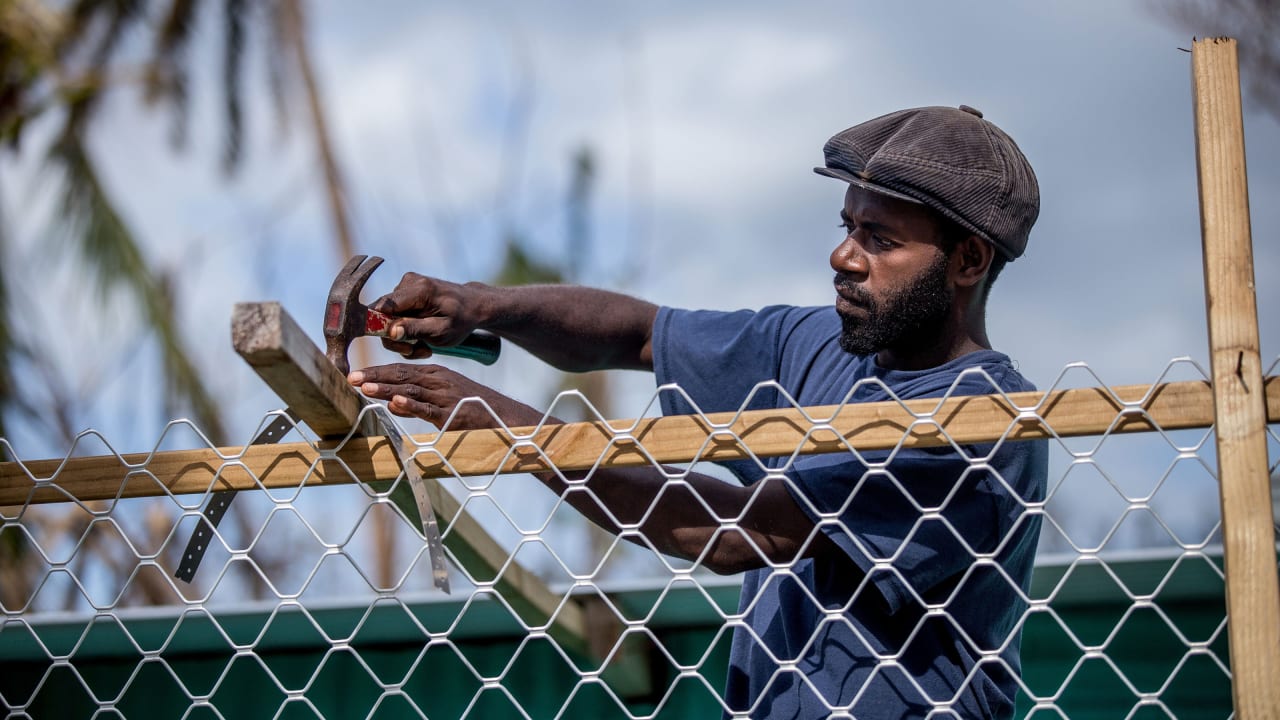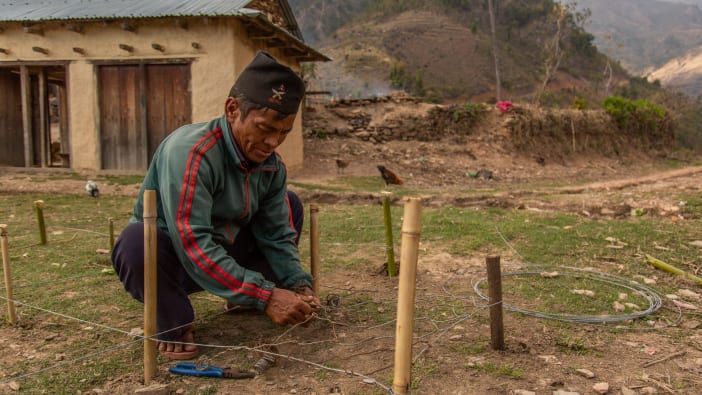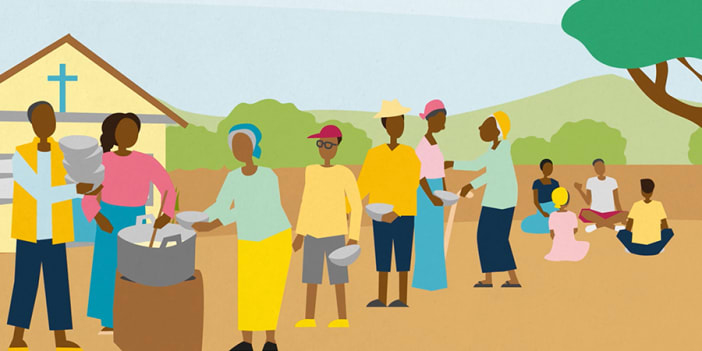This guide describes a methodology called Participatory Assessment of Disaster Risk, which enables communities to assess the factors that contribute to the size and scale of any potential disaster and to develop locally-owned plans to address those risks. It is a community-empowering process, helping people to understand cause–effect relationships and to realise their own capacities to reduce their vulnerability to hazards.
The guide has been written for middle-level managers and field supervisors engaged in humanitarian or development work in locations that experience frequent weather-related hazards, such as floods, cyclones or drought. It can also be used by relief workers following a disaster, to identify risks and avoid rebuilding the vulnerabilities which contributed to the disaster.









